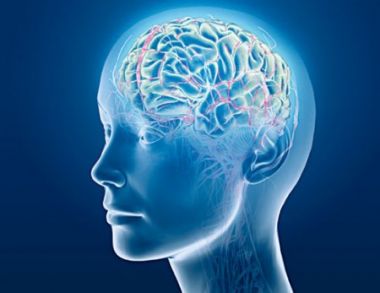Chronic depression can damage the brain
Depression can take a toll on a person's life in various ways, but a new global study has found that the mood disorder can also damage the brain.
In a study involving 9,000 people, scientists discovered that the hippocampus, the part of the brain responsible for regulating emotions and creating new memories, was smaller in people who have chronic depression.
For the study, scientists obtained patient samples from the ENIGMA MDD database, an international organization that investigates psychiatric illnesses, as reported in The Conversation.
The scientists then analyzed medical records and brain scans of around 1,700 patients who had major depression and nearly 7,200 patients who don't have the disorder.
The analysis revealed that the shrinking of the hippocampus was more evident in patients who suffered from depression before the age of 21 and those who also had recurrent episodes.
On the other hand, the hippocampus seen in patients who only had a single episode of the disorder was not smaller compared with that of healthy individuals.
According to Ian Hickie, study co-author and co-director of the University of Sydney's Brain and Mind Institute, the new findings should provide new implications for treatment of depression since it also added evidence that a shrunken hippocampus is a consequence of depression rather than a risk factor.
Researchers stressed that the findings suggested that depression could affect the brain's anatomy. They also concluded that the study should prompt early treatment of depression, especially in teenagers and adults, to prevent further brain changes.
Paul Fitzgerald, a Monash University psychiatry professor who was not part of the study, said that while the results of the study were important, they won't have a big impact on clinical treatment.
According to Fitzgerald, as reported in The Conversation, nothing will change overnight, but the findings should provide a clearer understanding of depression and help develop better forms of treatment in the future.
The findings of the study appear in the journal Molecular Psychiatry.












